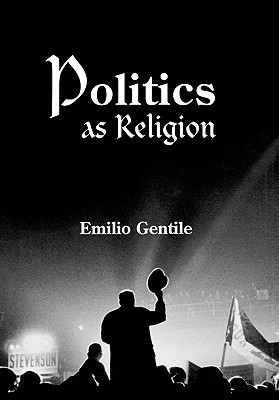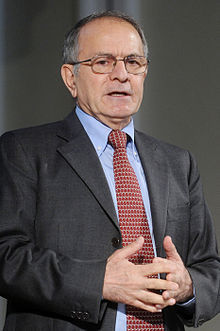
Emilio Gentile, an internationally renowned authority on fascism and totalitarianism, argues that politics over the past two centuries has often taken on the features of religion, claiming as its own the prerogative of defining the fundamental purpose and meaning of human life. Secular political entities such as the nation, the state, race, class, and the party became the focus of myths, rituals, and commandments and gradually became objects of faith, loyalty, and reverence. Gentile examines this "sacralization of politics," as he defines it, both historically and theoretically, seeking to identify the different ways in which political regimes as diverse as fascism, communism, and liberal democracy have ultimately depended, like religions, on faith, myths, rites, and symbols. Gentile maintains that the sacralization of politics as a modern phenomenon is distinct from the politicization of religion that has arisen from militant religious fundamentalism. Sacralized politics may be democratic, in the form of a civil religion, or it may be totalitarian, in the form of a political religion. Using this conceptual distinction, and moving from America to Europe, and from Africa to Asia, Gentile presents a unique comparative history of civil and political religions from the American and French Revolutions, through nationalism and socialism, democracy and totalitarianism, fascism and communism, up to the present day. It is also a fascinating book for understanding the sacralization of politics after 9/11.
Author

Emilio Gentile (born 1946 in Bojano) is an Italian historian specializing in the ideology and culture of fascism. Gentile is considered one of Italy's foremost cultural historians of fascist ideology. He studied under Renzo De Felice and wrote a book about him. Gentile is a professor at the Sapienza University of Rome. He considers fascism a form of political religion. He also applied the theory of political religion to the United States after the September 11 attacks.